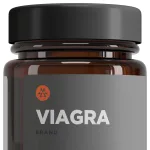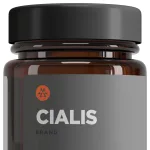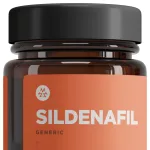Erectile dysfunction is a condition characterized by the persistent inability to achieve or maintain an erection long enough for sexual intercourse. Researchers have found that psychological and physical factors influence the development of ED. By 2025, the prevalence of ED is expected to hit 322 million across the world. 1
As ED research continues, there are many treatments and medications available to assist in symptoms, and erectile dysfunction pills are commonly prescribed. These medications relax the penis and allow greater blood flow to the male genitalia when sexual stimulation is present. 2 Medications help millions of men have a satisfying sex life, but there are several steps you can take to prevent ED. Read on to learn more.
Keep Your Body Moving
Male sexual health may not appear directly related to your physical well-being, but the two are intricately linked. Strong evidence suggests that a sedentary lifestyle can lead to erectile dysfunction. If you do not regularly exercise, you may want to start with a 30-minute brisk walk every day and work your way to more intense cardiovascular routines. Swimming and running have been shown to help prevent symptoms of ED.
It is also important to participate in physical activities that do not pose a risk of injury to the male reproductive system. You may want to avoid exercise that puts excessive pressure on the perineum (the area between the scrotum and anus). If this area is injured, it can adversely affect the penis. If you like to bike ride, you may want to invest in padded cycling pants to prevent genital numbness and possible sexual dysfunction problems. As the body ages, hormone levels in men and women dip and change. Testosterone is created in the testes for men, and production may lessen over time, causing several bodily complications. For most men, testosterone levels fall sharply from the age of 50 and onward. Symptoms of low testosterone include: If you notice any of the above symptoms, you may want to talk to your doctor about getting a testosterone test. A simple blood test can be taken to confirm the amount of hormones in your body. Your doctor will determine if your symptoms are related to medications you take or a problem with your hormone production. A testosterone replacement drug may be recommended if your levels are severely low.
Monitor Your Testosterone Levels












